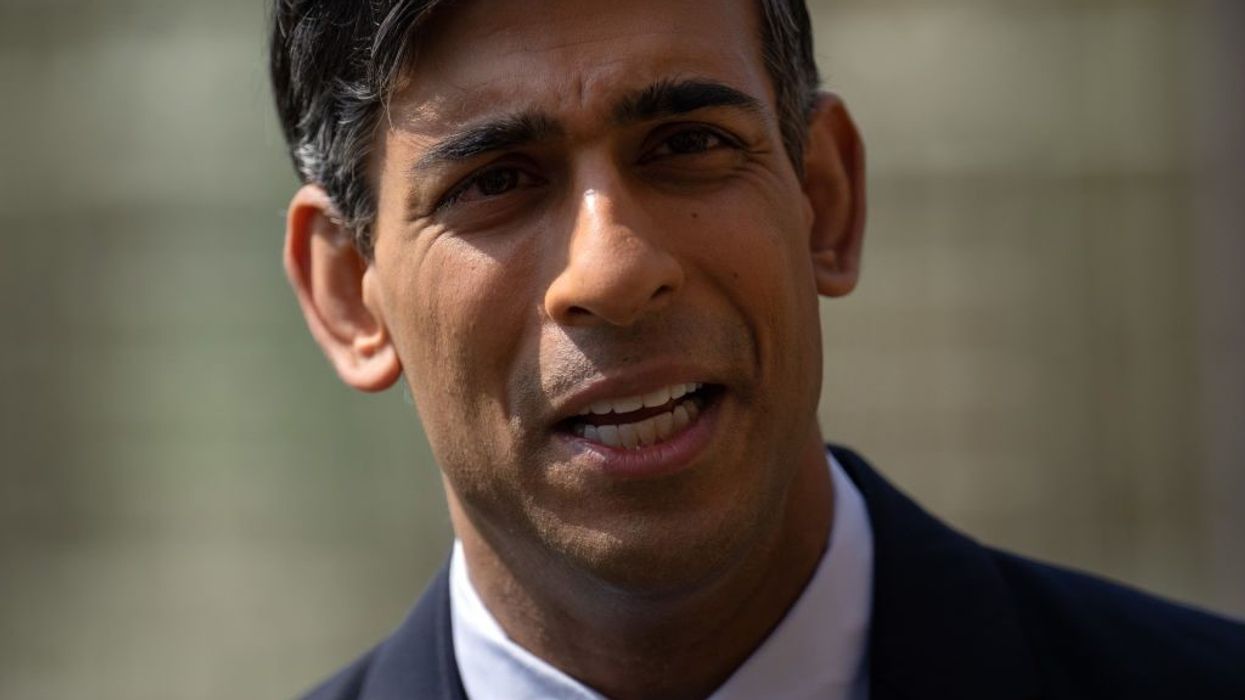Britain's departure from the European Union has not been a failure, prime minister Rishi Sunak's spokesperson said on Tuesday (16), rebuffing criticism from prominent eurosceptic politicians about how Brexit had been implemented.
Former UKIP leader Nigel Farage, who helped force a Brexit referendum in 2016 and successfully campaigned to leave the European Union, said on Monday (15), "Brexit has failed".
Asked if Sunak agreed with Farage, that Brexit had failed because politicians had mismanaged the exit from the EU, Sunak's spokesman said: "No. The prime minister has talked about the benefits of Brexit on a number of occasions."
William Cash, a known eurosceptic in the Conservative Party, accused the government on Monday of making "trivial" and "obsolete" changes by announcing plans to remove around 600 of the almost 4,000 EU laws by the end of this year.
Almost seven years after Britain voted to leave the EU, opinion polls show a majority of the public regret leaving the bloc. Britain's economy is expected to grow more slowly than other major economies this year, although economists say Brexit is not the sole cause of the problems.
Farage criticised the Conservative government, saying, "Arguably, now we're back in control, we're regulating our own businesses even more than they were as EU members.”
He told the BBC that Brexit has failed and added that takeover regulation and corporation tax were driving businesses away. "We've mismanaged this totally."
Asked if the prime minister had sympathy with the concerns of businesses who said they were struggling to deal with government bureaucracy, Sunak's spokesman said the prime minister wanted to "ensure that the UK remains a business-friendly country to invest in".
Sunak has this week embarked on a "diplomatic drive to push UK priorities on the world stage", attending summits in Iceland and Japan, his office said last Saturday (13).
The prime minister will undertake "a packed tour of international engagements", heading to a Council of Europe meeting on Tuesday (16) in the Icelandic capital Reykjavik before visiting Tokyo and then Hiroshima for a G7 gathering.
Sunak will focus on driving economic growth and investment in the UK, as well as shoring up support for Ukraine and addressing "critical global challenges like illegal migration", Downing Street added.
A general election is due next year and Sunak has tied his fortunes to several key aims, including halving inflation and curbing illegal cross-Channel migration in small boats.
"I will be travelling from Reykjavik to Hiroshima to drive global action on our most pressing priorities," he said in a statement.
"Many of the challenges we are dealing with, from inflation to migration, must be solved by working closely with our international partners."
"He will use his engagements at the summit to discuss the importance of strengthening Europe's borders - tackling illegal migration and the threat posed by Russia to safeguard our security and prosperity," Downing Street said.
In Tokyo, Sunak will hold bilateral meetings and announce new UK-Japan defence and technology collaboration, as well as hosting a business leaders' reception to seek new inward investment.
A day later he will travel to Hiroshima, the first visit by a British prime minister to the city, for the G7 gathering.
(Agencies)





